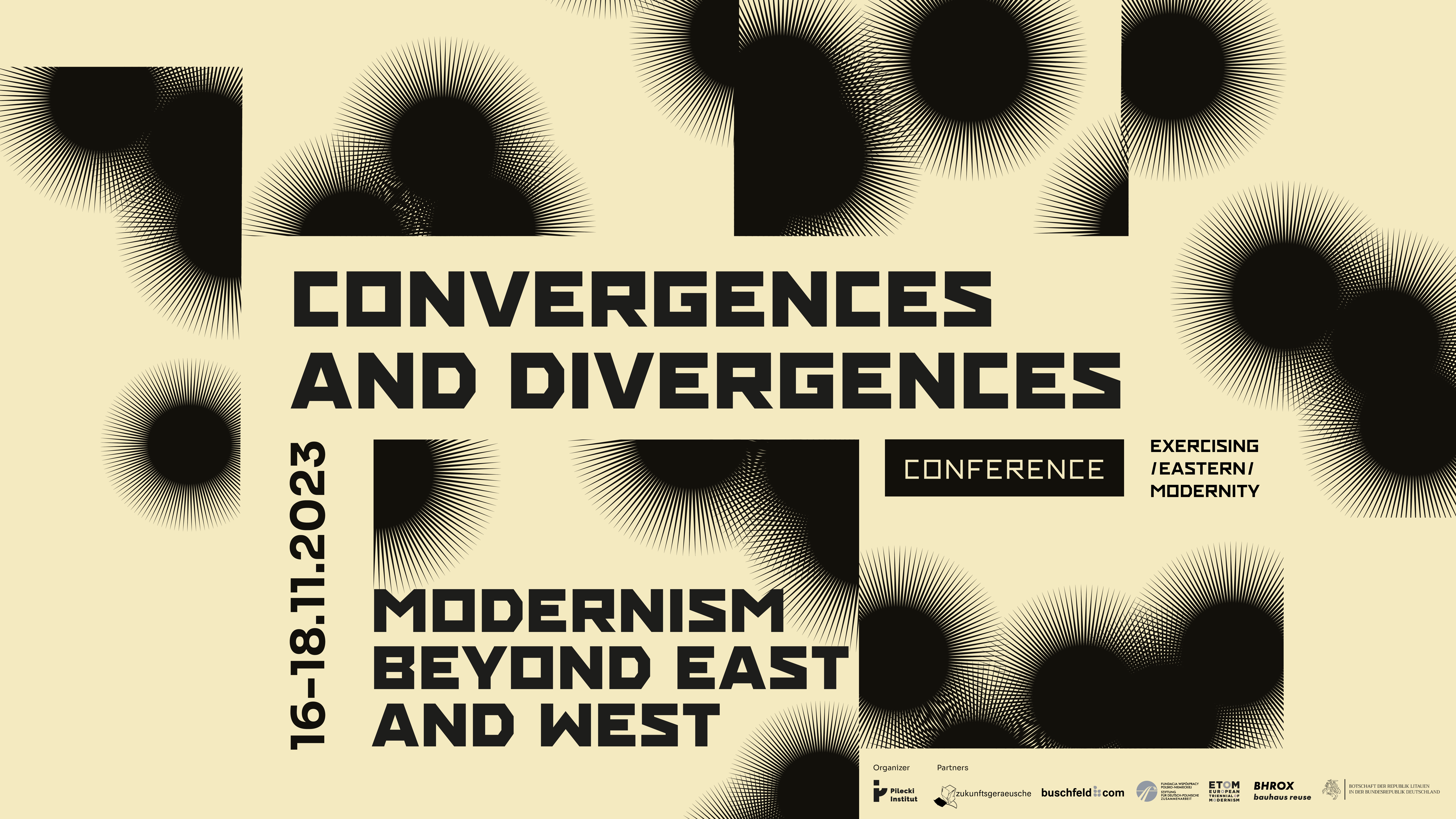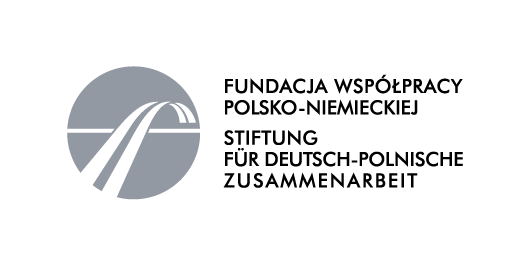Convergences and Divergences. Modernism Beyond East and West
The conference addresses the history of modern architecture from a horizontal and non-hierarchical perspective, overcoming outdated and simplistic categories such as East and West. It will focus not only on design and urban planning issues, but also on questions related to the transformation of societies, the exchange of ideas, the building of relationships between people or the struggle for a better future. The conference approaches architecture from a broader perspective – presenting it as a „seismograph“ of the visionary and at the same time ambivalent experience of Modernism, which has much to say not only about the particular moment in history but also about the present.
For too long, theoretical and political constructs have contributed to a territorial or thematic marginalization of Central and Eastern Europe in European architectural historiography. Instead, the conference encourages a closer look at the dynamics between and beyond the political, geographical and cultural borders of Europe in the 20th and 21st century. The aim is not only to analyze the differences, but also to write a history of connections in modern architecture, employing a range of scales and approaches: focusing on timeframes and milestones, exploring cities, regions and borders where histories and memories meet, as well as examining architecture from the perspective of individual stories – those behind biographies or those behind particular architectural objects and ideas of Modernism.
The conference brings together various perspectives and areas of expertise represented by researchers, architects, designers, architectural historians, urban activists and civic society actors. The main goal is to critically rethink the legacy of Modernism and its associated transformations in Central and Eastern Europe in the context of international relations, dependencies, influence, and power. The conference builds on the five-year experience of the “Exercising Modernity” program – an interdisciplinary intellectual exchange on art and architecture in a broader sense, exploring how ideas of modernity were reflected in various social and political spheres – and is being organized by the Pilecki-Institut Berlin in cooperation with ETOM initiative, zkg/BHROX and buschfeld.com and is supported by the Foundation for Polish-German Cooperation and Lithuanian Embassy in Berlin.
TOPIC AREAS AND SESSIONS
16.11 – DAY 1 (9.30 – 20.30) – Pilecki-Institut Berlin, Pariser Platz 4A, 10117 Berlin
• Contested architectural heritage across Central and Eastern Europe
• Iron curtain(s) of the 20th century. Modernism beyond the binary of East and West
• Built narratives. Multilayered identities of modern architecture
17.11 – DAY 2 (10.00 – 20.00) – Pilecki-Institut Berlin, Pariser Platz 4A, 10117 Berlin
• Shared heritage. Points of contact and best practices
• New Communities, New Buildings, New People:
the notion of the “new” in Central and Eastern European modern architecture
18.11 – DAY 3 (11.30 – 12.30) – BHROX bauhaus reuse, Ernst-Reuter-Platz, 10587 Berlin
• Public guided tour of „Soft Ground”, an exhibition summarizing five years of Exercising Modernity
The conference is co-financed by the Foundation for Polish-German Cooperation.

